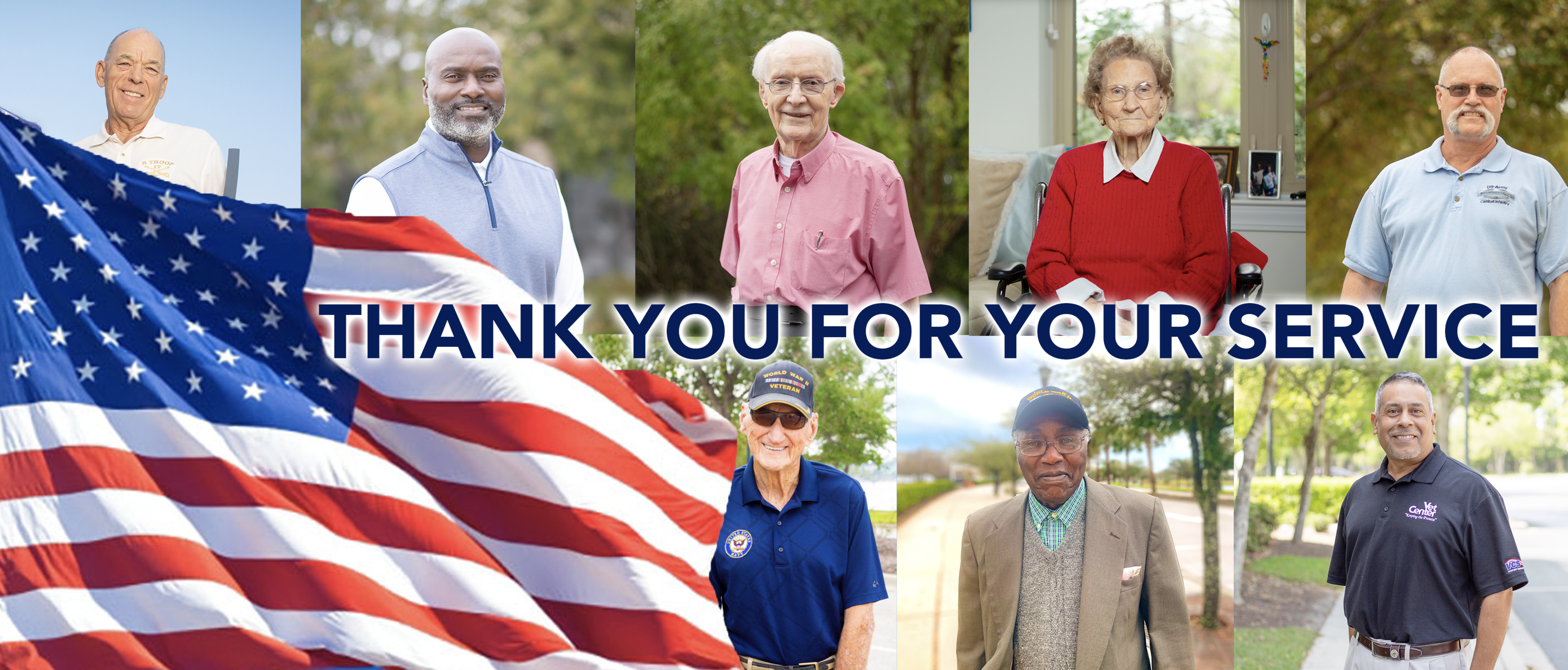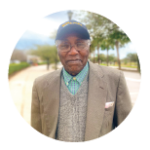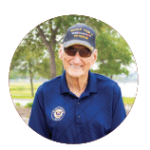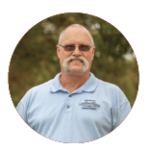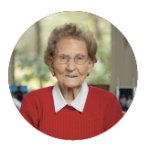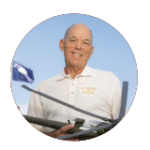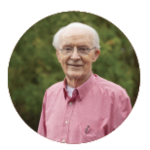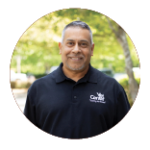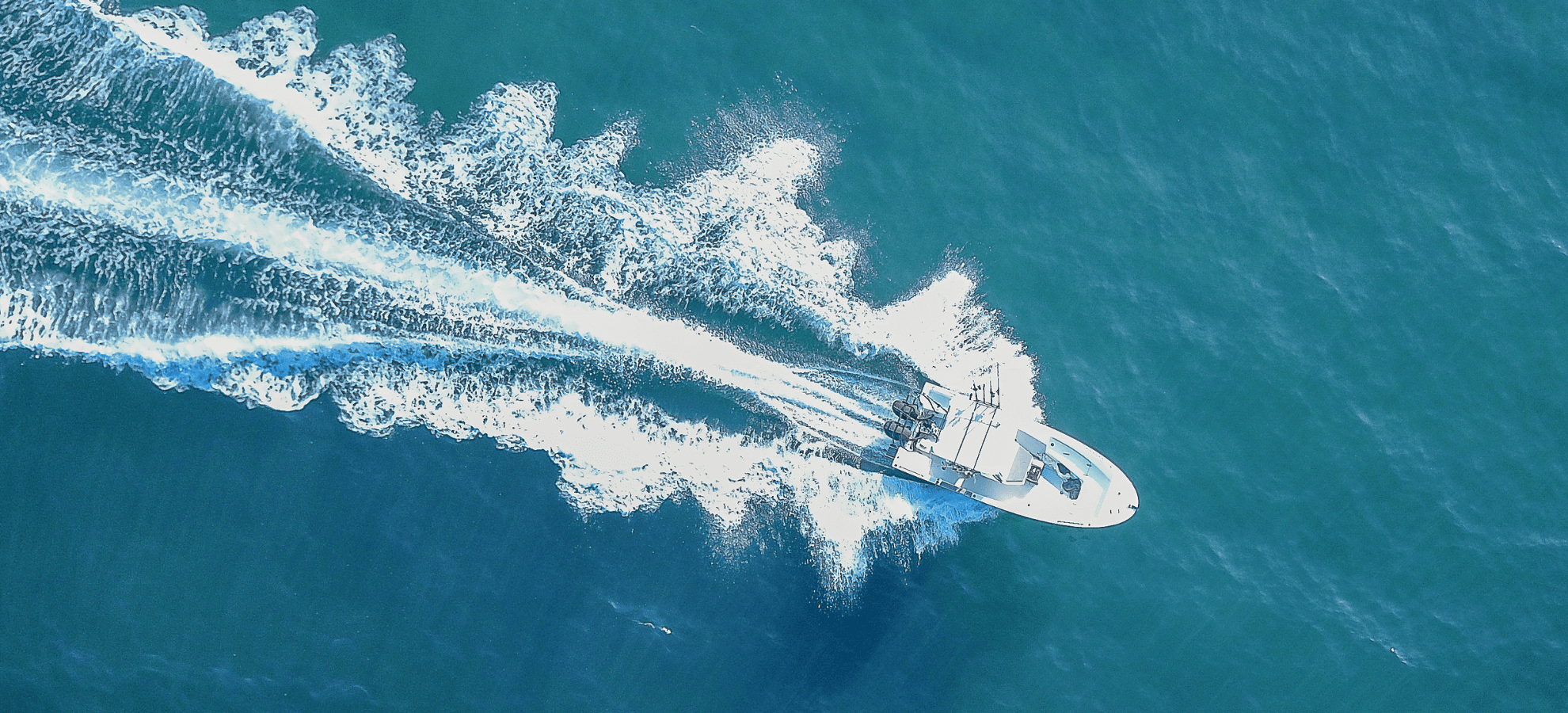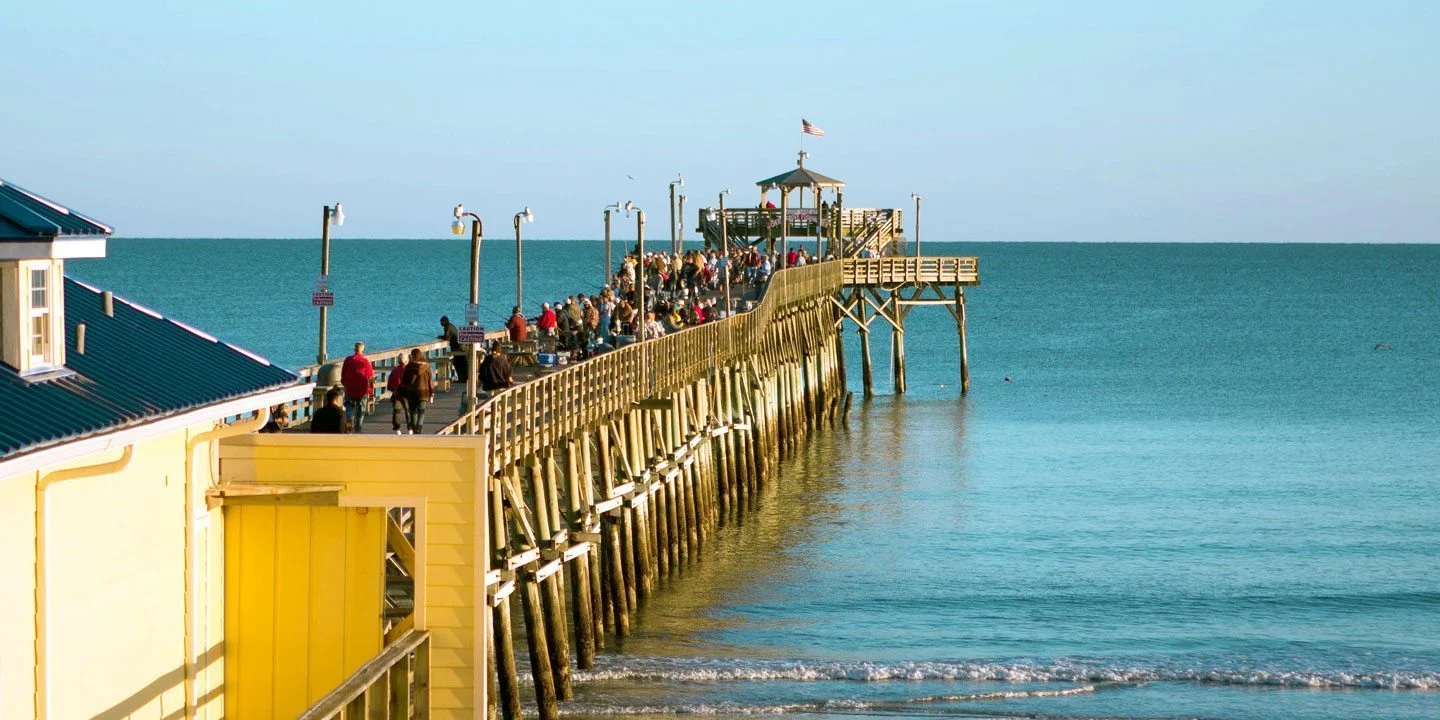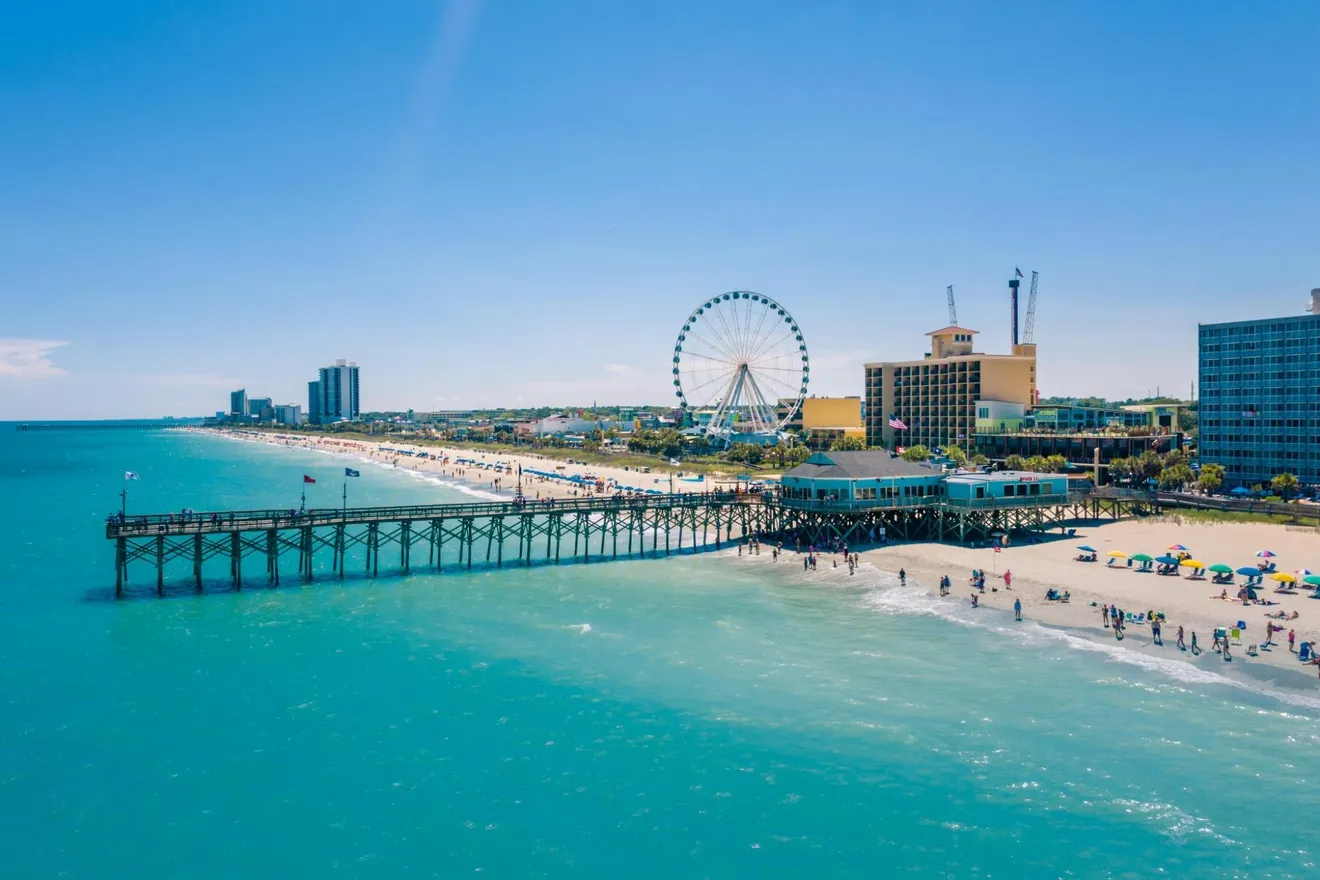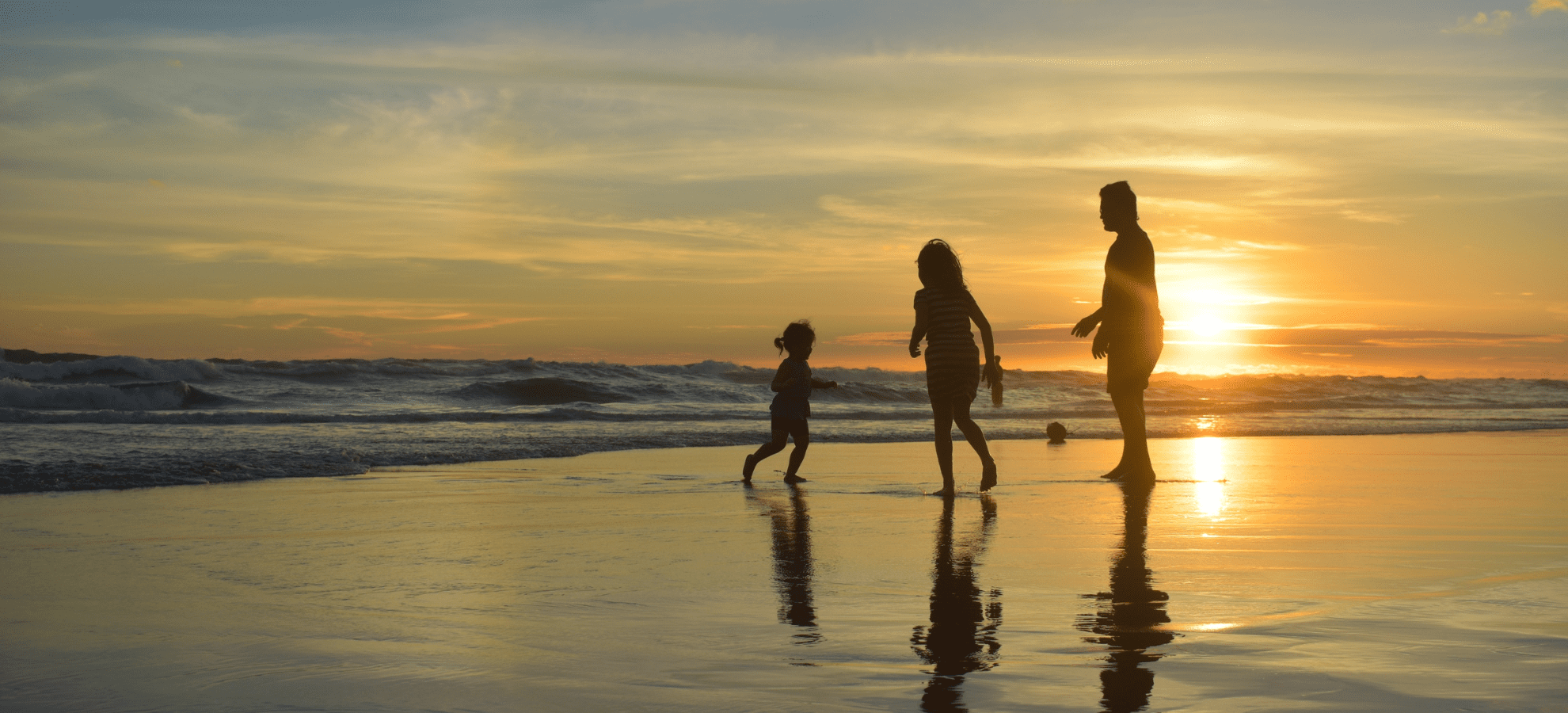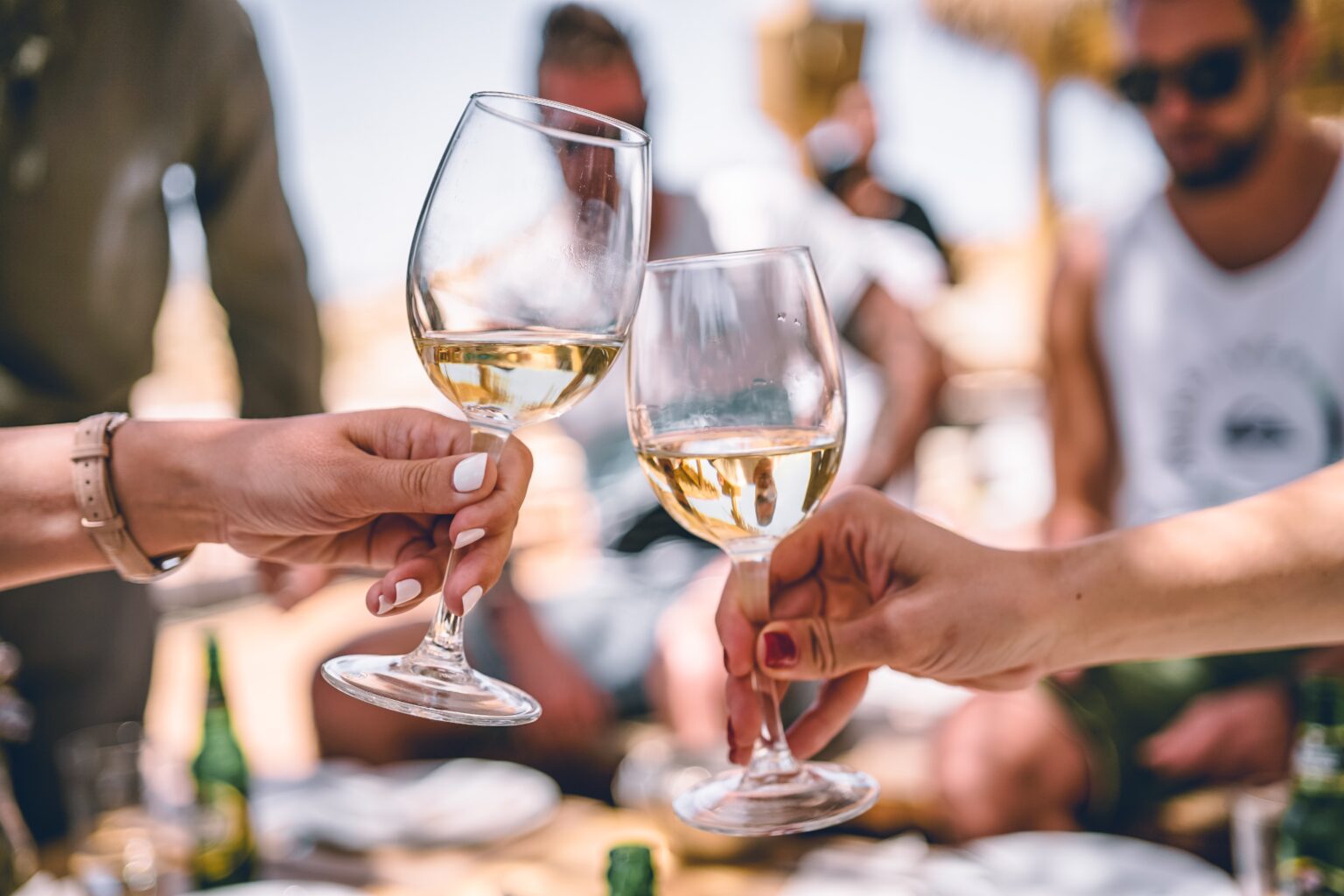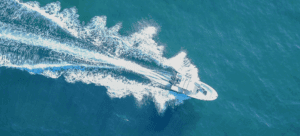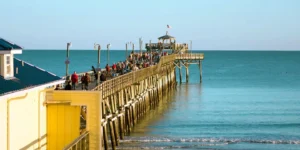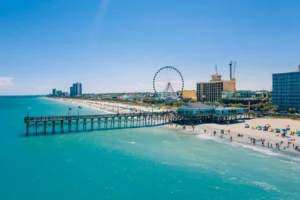Happy Independence Day: With Gratitude For Your Service
by Melissa LaScaleia
For many months now, the Insider has had the privilege of recounting the stories of the U.S. military veterans living in our community. The service of these brave and dedicated people has contributed to the protection and preservation of us and our country. This month, in celebration of our country’s birthday and all those who worked to ensure our freedom, we acknowledge and salute our local veterans with a compilation of highlights from a few of their personal accounts.
From Samuel Green, US Navy
“I was born on July 8, 1925, in Georgetown. I was drafted during World War II; they sent me to Tulagi Island, a small island in the Solomon Islands. It took us thirty-one days to get there and when we crossed the equator, it was dead of night. Right after we crossed it, it turned to day. It was amazing.
“The area had been completely bombed. My first job was to work with the crew to help clean up the island and rebuild. I also directed the nautical landing craft, and kept them in order. We earned around $40 a month.
“When peace was declared in 1945, we sailed to Pearl Harbor and met President Roosevelt.”
From Jack Platt, US Navy
“I was born on September 3, 1927, in a small village on the small island of Cape Breton, in Nova Scotia. I was born in a small farmhouse with no electricity. My grandmother was the midwife. I was 16 years and 10 months old, and then I joined the Navy.
“There was a Naval Supply Depot on the island of Samar, in the Philippines, and our duty was to be perimeter guards. The perimeter was actually the line of the jungle, which is incredibly thick. They couldn’t keep the bugs out of anything.
“In the mess hall, there was a sign over the bread that read, ‘This bread is safe, it was cooked at such a high temperature it killed any potential disease, but we could’t keep all the bugs out of it.’ It looked like raisin bread, but wasn’t.
“There wasn’t any organized resistance on the island that late in the war. But the Japanese never gave up, they never surrendered— it was against their religion to be captured. The ones that weren’t killed, they would hide and go deep into the jungle trying to live with the natives. And the natives were very aboriginal, and very fierce. One of them could sneak down and ambush you to steal food or supplies. It was pretty hairy.
“One day, I was in a small watercraft when something exploded on the bough and hurled me into the water. My ears were ringing— they had been punctured, and I couldn’t hear anything. At first the ringing in my head drove me a little crazy, but after 75 years, you learn to accept it. You’d go crazy if you don’t.”
From Gary Ramsey, US Army
“I joined the military in 1985 when I was twenty-nine years old. After that, I was part of the Green Berets, a Special Forces unit, for ten years.
“In 1990, I was selected to go to Saudi Arabia to help liberate Kuwait. Then, in 1994, with our presence and tactics, we convinced the Iraqis that they really didn’t want to start this war again. And they backed off without an exchange of fire.
“I was in and out of the Middle East all the time— in Qatar, Bahrain, Saudi Arabia, Kuwait, and Kenya.”
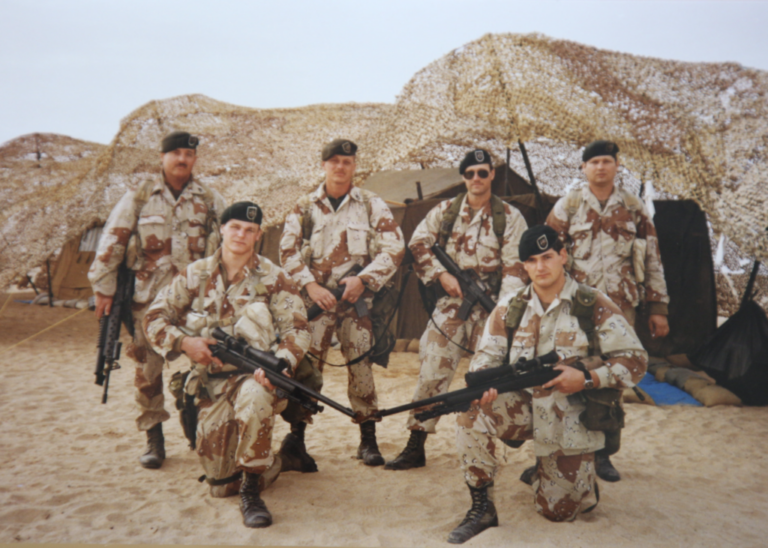
From Treva Green, US Army
“I was born January 23, 1921. I joined what is today the Air Force and went into Air Evac at the age of 20. I had already gone to nursing school. We were sent to every hospital that needed help. From France we went to Germany, then to Czechoslovakia, then Linz, Austria.
“We turned old buildings into hospitals, everywhere we went. We went to Nuremberg, Germany. At one point, we were called to join Patton’s third army. We were assigned to him to accept casualties during the Battle of the Bulge, for two to three days.”
From Bud Shepard, US Army
“I was drafted at the age of 19 during the Vietnam era. I wanted to go to war. I was young and looking for excitement. My job was to fly at tree-top level and try to find the enemy. It was risky and you never knew what to expect. We were so close at times we made eye contact with the enemy.
“One day, we were done flying, heading back and enjoying the ride when we came around a curve in the road and saw fifteen of the enemy. We were a wide open target. I was shot in the foot and the buttocks, and our fuel was shot out of the helicopter. We made an emergency landing in a wide open field but didn’t realize that there were 7,000 enemy soldiers hiding in the surrounding trees… They found us, and stuck their rifles in my back and neck and motioned me to get up. I was taken into the tree line and tied up….”
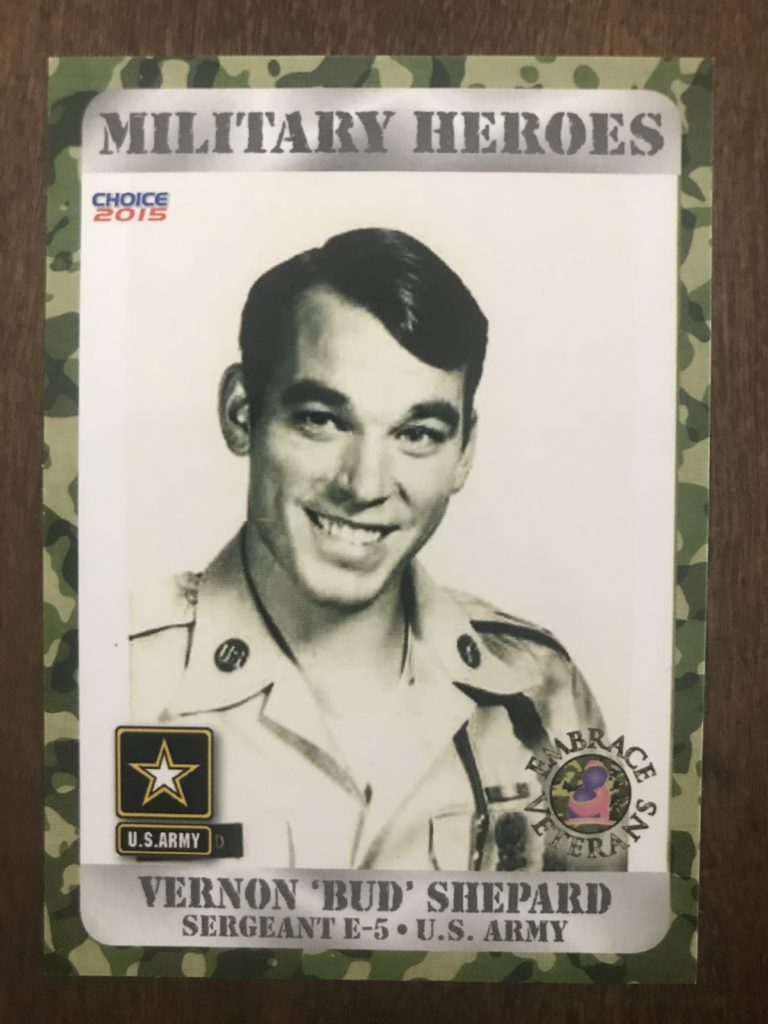
From Houston Blancett, US Air Force
“In 1944, World War II was drawing to a close, and I wanted to join the service and go to war. But I was sixteen years old and didn’t make the cutoff age of eighteen, so I figured out what month and year I’d have to have been born in order to be eighteen, and then I went to the draft board and gave them my new birthdate.
“The scariest experience I encountered was coming back to the United States by boat. It was supposed to take eight days and nights to make that trip, and it ended up taking us eighteen days and nights. There were times I’d be up on deck, and a wave would lift the ship up and it would be sideways, and I could almost reach down and touch the water with my hand.
“Would I do it all over again? In a heartbeat. Even at my age now, I’d go. Because I love my country and the USA, even with all of its problems. In the battle of Normandy, we lost 200,000 men. That was crucial to end the war with Germany. Those men, when they got close to the beach, were shot down. Those men gave their life for us. And I’d give my life in a heartbeat for this too.
“I learned the importance of the military and living in a country where you are really free. Because a lot of people in other countries are not. They are listened to and watched and limited in what they can say and do. In America we can be whatever we set our mind to be, and I love that.”
From Chris Aranda (not yet featured)
“I come from a long lineage of veterans; my grandfather and uncle both served during the Battle of Bulge in WWII, and I had uncles who served in combat during the Korean and Vietnam conflicts. They inspired me, and I felt I owed it to them as well as my country to enlist. I entered the U.S. Army in February 1984, and retired after 20 years.
“I deployed to Iraq in 2003 and served in the lead ground unit of a highly decorated cavalry squadron— the 3rd Squadron, 7th U.S. Cavalry (General Custard’s unit), 3rd Infantry Division. We deployed with 1241 soldiers and came home with the same number. That’s a major accomplishment for any unit in heavy combat.
“My career was molded by the non-commissioned officer corps; they gave me the leadership skills to care for others. I made my rank very quickly, and at the age of nineteen, I was already leading soldiers. It’s a true privilege to serve your country. My entire career was a highlight because I had the honor of wearing the uniform— there’s only 1% who do so on a daily basis.
“Growing up post Vietnam, I noticed the separation between those who served during that era and those who did not. Vietnam was difficult for people to accept, and even family members shunned some of those Vietnam service family members. I couldn’t quite grasp that. For me, they were my heroes and I gravitated to them.
“After twenty years in the military, I’m still taking care of soldiers, serving my country, just not in uniform. Working with the Vet Center in Myrtle Beach, my job is to make sure we don’t leave any veteran behind on the battlefield because sometimes that battlefield is brought home to our daily lives. Every veteran who returns home from a conflict is wounded, whether its physically or mentally. The Vet Center provides services to veterans and their families to help them readjust and reintegrate into the community.
“To me, a patriot is anyone who devotes their life to serve their country, or to care for their country’s citizens. It’s someone who shows national pride, who serves their family, friends, and their community. I view the Fourth of July as a day of celebration of independence afforded by those who served.
“We, as Americans, get to enjoy the freedoms we have because of the people who served and continue to serve. In this country, we have the opportunity to honor and respect each other, which we need more of. I think we need to show more love for each other as a whole. I am truly honored to have served my country today, and to continue to take care of those who wore the uniform.
“We all should just bleed red, white, and blue.”
Find the complete stories of the veterans featured here as well as many more in the archives of our Celebrating Our Local Veterans section.
We salute each and every veteran, named and unnamed, known and unknown, with a heartfelt thank you for your service, and wish you all a happy and healthy Independence Day.
If you are a veteran who has not yet been interviewed, please contact us at community@tcioffice.com— we’d love to tell your story.






